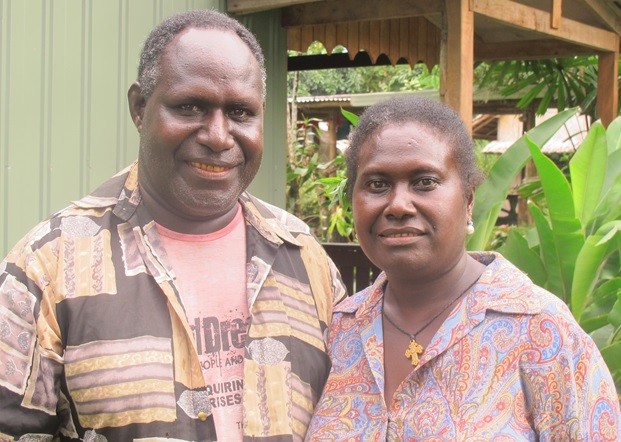
Over the next decade, Pacific Island nations are working toward a democratic, free-market approach to governance. USAID has already strengthened democratic institutions in Papua New Guinea and Fiji by helping political parties form issue-based platforms, reaching out to their constituents and improving transparency.
USAID is also working on peace building programs that strengthen the capacity of women’s civil society organizations in the Autonomous Region of Bougainville, Papua New Guinea to address major social issues, including gender-based violence that resulted from a decade-long conflict. Women were among the most affected during the civil war in Bougainville region. The increased risk of rape, torture, and abuse restricted their movements and ability to express their views. Lack of access to healthcare increased maternal and infant mortality rates; but it was the women who effectively supported the peace movement that contributed to the end of the conflict. Women-led civil society groups continue to play a key role in the region’s recovery process today.
ACTIVITIES
- USAID is assisting Fiji transition from military rule to a more democratic and inclusive political system. Assistance revolves around the 2014 elections and supports voter education and observation of electoral processes; bolstering women’s participation; supporting the education of citizens on representative democracy.
- Through the Women’s Peacebuilding Initiative, USAID is working to enable women’s organizations to offer trauma counseling services (including prevention initiatives) for survivors of domestic and sexual violence; assist women’s organizations to enhance and enforce implementation of the ARB’s National Action Plan on Women, Peace and Security; and advocate for pro-women policy and increased awareness of gender-based violence and women’s rights, with corresponding services provided by women’s organizations.







Comment
Make a general inquiry or suggest an improvement.